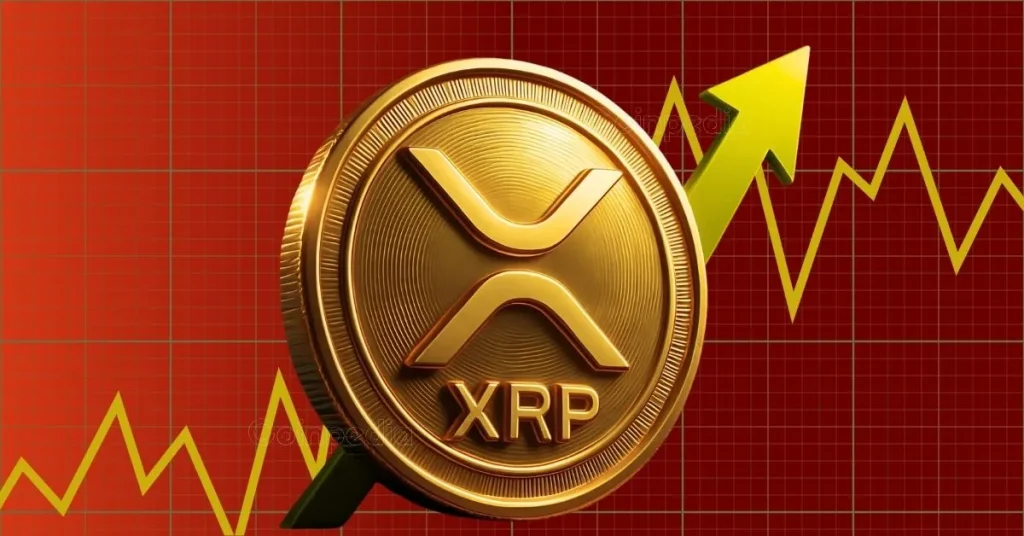
- The Commodity Futures Trading Commission (CFTC) is asking policymakers to consider ways to identify individuals involved in decentralized finance (DeFi).
- Some regulators are concerned that the anonymity inherent in the DeFi ecosystem opens the door to money laundering, terrorist financing, and fraud.
The U.S. Commodity Futures Trading Commission (CFTC), which regulates derivatives markets such as futures, swaps and options, said on January 8 that it wants policymakers to consider ways to identify individuals involved in decentralized finance (DeFi). This is stated in a report released on the day.
According to the report, policymakers should identify and prioritize projects of most concern, focusing on digital identity, know your customer (KYC), anti-money laundering (AML) regimes, and privacy in DeFi. It is necessary to guess.
Regulators believe that DeFi is an industry where participants perceive it as not subject to oversight, especially where pseudonyms are widely used to hide users’ identities and where it is difficult to hold anyone in particular accountable. Desperate to deal with its decentralized nature.
“The anonymity and disintermediation provided by most DeFi systems raises serious concerns for policymakers focused on providing consumers with adequate protection and victim redress. and countering the financing of terrorism (AML/CFT) regimes are effective,” the report said.
In June 2023, the CFTC competes with the Securities and Exchange Commission (SEC) to become the primary regulator of the crypto-assets (virtual currency) industry, and decentralized autonomous organization (DAO) Ooki DAO is offering unregistered products. I sued and won. The CFTC also sued three companies building some of the most respectable DeFi protocols for offering illegal derivatives trading, which they settled in September.
Christy Goldsmith Romero, one of the CFTC’s five commissioners, said in a statement attached to the report that “a central concern related to DeFi systems is the lack of clear accountability. “It’s a lack of clear lines and a design by some in the industry to get around that.” Goldsmith-Romero is the facilitator of the CFTC’s Technical Advisory Committee, which prepared the report.
DeFi “doesn’t have a clear route to victim relief, protection against abuse, or the ability to insert necessary changes and controls during a crisis or network stress,” she said. .
Additionally, the U.S. Treasury Department’s Financial Crimes Enforcement Network (FinCEN) is considering identifying individuals involved in DeFi activities, and in the past week has announced that many companies operating in the U.S. are being asked to identify individuals who directly or indirectly own or own DeFi activities. We have introduced a beneficiary reporting system that requires owners to report whether they control the entity.
“In just one week, we’ve had over 100,000 filings,” Treasury Secretary Janet Yellen said at a separate event on Monday.
|Translation: CoinDesk JAPAN
|Edited by: Toshihiko Inoue
|Image: Shutterstock
|Original text: DeFi Identity Should Be Focus of US Policymakers, CFTC Says
The post US CFTC asks to consider ways to identify individuals involved in DeFi | CoinDesk JAPAN appeared first on Our Bitcoin News.

 1 year ago
57
1 year ago
57














 English (US) ·
English (US) ·